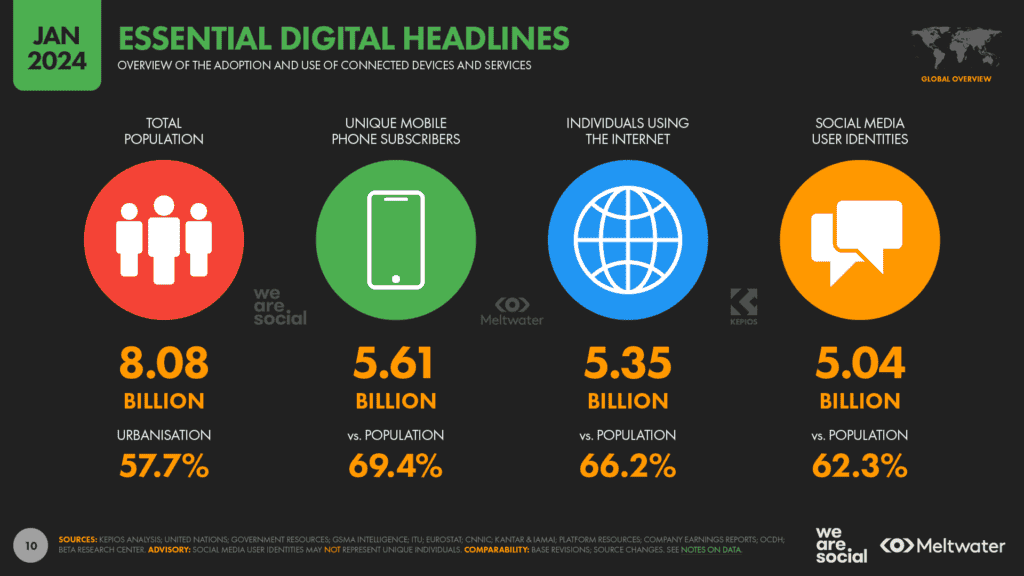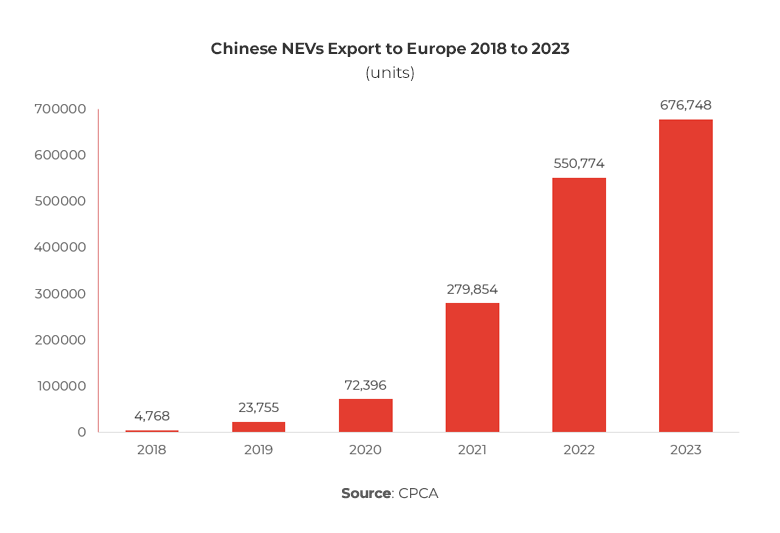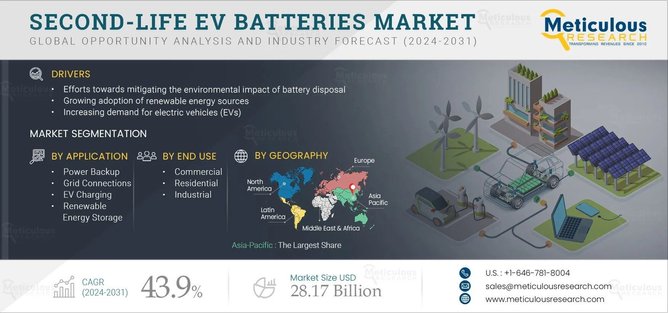Why Some Regions Excel in EV Adoption Over Others
Mia Anderson

Photo: Why Some Regions Excel in EV Adoption Over Others
The global shift toward electric vehicles (EVs) is undeniable, with some regions far ahead in adoption rates compared to others. Understanding why this disparity exists is essential for policymakers, manufacturers, and consumers alike. Factors such as government policies, infrastructure, socioeconomic conditions, and public perception significantly impact the pace of EV adoption. This article explores the reasons behind these regional differences and what lessons can be learned to accelerate the transition to a sustainable transportation future.
The Growing Importance of EV Adoption
As climate change continues to dominate global discourse, the role of electric vehicles in reducing carbon emissions has become increasingly significant. EVs not only promise a reduction in greenhouse gas emissions but also contribute to cleaner air in urban areas, where air quality is often a major concern. However, despite the clear environmental and economic benefits, EV adoption is not uniform across the globe.
Regions like Norway, China, and California lead the charge in EV uptake, while other areas lag behind. The disparity raises a fundamental question: what drives some regions to excel in EV adoption while others struggle?
Key Factors Driving Regional EV Adoption Success
1. Government Policies and Incentives
One of the most significant factors influencing EV adoption is government support. Countries and regions with robust policies, subsidies, and incentives for EV buyers tend to see higher adoption rates.
- Norway: A global leader in EV adoption, Norway offers tax exemptions, reduced tolls, and access to bus lanes for EV owners. Nearly 80% of all new cars sold in Norway in 2022 were electric.
- China: The Chinese government has invested heavily in subsidies and infrastructure, making EVs more accessible to its vast population. As a result, China accounts for more than 50% of global EV sales.
- United States (California): California's zero-emission vehicle (ZEV) mandate and generous rebates have made it a hotspot for EV adoption.
On the other hand, regions with limited or no financial incentives often face slower adoption rates. For example, many developing countries lack the resources to subsidize EV purchases, making them less appealing to cost-conscious consumers.
2. Charging Infrastructure Availability
The availability of charging infrastructure is another crucial determinant of EV adoption. Without a reliable and widespread network of charging stations, potential EV buyers may experience "range anxiety" the fear of running out of battery power before reaching a charging point.
- Europe: Countries like Germany and the Netherlands have invested heavily in public charging networks, ensuring that EV owners can easily charge their vehicles on long trips.
- Japan: Known for its technological advancements, Japan has one of the highest densities of charging stations, making EV ownership highly convenient.
Regions lacking this infrastructure face significant barriers. For instance, rural areas and developing countries often have limited access to public chargers, hindering widespread EV adoption.
3. Economic Conditions and Affordability
The upfront cost of EVs remains a challenge in many parts of the world. While prices have dropped significantly over the years, they are still higher than traditional internal combustion engine vehicles in many markets.
- High-Income Regions: In wealthy regions, higher disposable incomes make EVs more affordable, contributing to higher adoption rates.
- Developing Nations: In countries where average incomes are low, the higher cost of EVs is a significant deterrent. Additionally, limited financing options further exacerbate the issue.
To address this, some manufacturers are developing low-cost EV models to cater to budget-conscious consumers in emerging markets.
4. Cultural and Behavioral Factors
Public perception and cultural attitudes toward EVs play a significant role in adoption rates. In some regions, environmental consciousness and a willingness to embrace new technologies drive consumer behavior.
- Scandinavia: A strong environmental ethos combined with government support has made EVs a popular choice in Scandinavian countries.
- United States: While states like California have embraced EVs, others remain hesitant due to cultural preferences for larger vehicles like trucks and SUVs.
Educating consumers about the benefits of EVs and addressing misconceptions can help shift public opinion in favor of electric mobility.
5. Energy Infrastructure and Grid Readiness
The readiness of the electrical grid to support EV charging is another critical factor. Regions with robust, modern energy infrastructure are better equipped to handle the increased demand for electricity.
- Renewable Energy Integration: Countries like Iceland and Norway, which generate most of their electricity from renewable sources, align well with the sustainability goals of EVs.
- Developing Regions: In contrast, areas with unreliable power grids or heavy reliance on fossil fuels may struggle to accommodate widespread EV adoption.
Lessons for Accelerating EV Adoption Globally
To bridge the gap between leading and lagging regions, several strategies can be employed:
1. Policy Harmonization
Governments can adopt policies proven successful in other regions, such as tax breaks, subsidies, and stringent emission standards.
2. Investment in Infrastructure
Expanding charging networks, particularly in underserved areas, can address range anxiety and make EVs a practical choice for more consumers.
3. Public-Private Partnerships
Collaboration between governments and private companies can accelerate the development of EV infrastructure and technology.
4. Education and Awareness Campaigns
Promoting the environmental and economic benefits of EVs can shift public perception and encourage adoption.
5. Innovation in Battery Technology
Advancements in battery technology can reduce costs, increase range, and improve the overall appeal of EVs, making them accessible to a broader audience.
Conclusion
The factors influencing EV adoption are multifaceted, encompassing government policies, infrastructure, economic conditions, cultural attitudes, and energy readiness. Regions excelling in EV adoption, such as Norway, China, and California, offer valuable insights into the strategies that can drive widespread adoption.
By addressing the barriers faced by lagging regions and implementing targeted solutions, the global transition to electric vehicles can be accelerated. This shift is not only vital for achieving climate goals but also for fostering innovation and economic growth in the automotive sector.
Electric vehicles represent the future of transportation. Ensuring equitable and widespread adoption will require concerted efforts from governments, businesses, and individuals alike. The lessons learned from leading regions can serve as a roadmap for the rest of the world, paving the way for a greener, more sustainable future.
Marketing
View All
January 22, 2025
The Future of Digital Marketing RevealedExplore where digital marketing is headed in the next decade. From AI to VR, see what’s shaping the future of online marketing. Don’t get left behind!
Mia Anderson

January 21, 2025
Why Digital Marketing is Vital for SMBsDiscover why small businesses must adopt digital marketing in 2024. Learn tips and tactics to compete in the digital age. Take your business online today!
Mia Anderson

January 23, 2025
Social Media in Digital Marketing 2024Learn how social media is revolutionizing digital marketing in 2024. Boost your brand with actionable tips for viral campaigns!
Mia Anderson
Entertainment
View AllExplore the latest trends in fan fiction for 2024. Learn what fan fiction is, its impact on media, and why it’s a thriving creative outlet. Read now!
Mia Anderson
Discover the best streaming services of 2024 with our in-depth reviews. Find out which platforms offer the best value and why you should choose them. Read now!
Mia Anderson
Discover the top podcasting trends of 2024 and stay ahead in the industry. Learn how to leverage new insights click now to future-proof your podcast!
Mia Anderson
Unlock the secrets to an unforgettable movie trivia night with our ultimate guide. Get tips, trivia questions, and game ideas to boost your event's fun!
Mia Anderson
Automotive
View AllUnlock the secrets to getting top dollar for your car! Prep, price, and promote effectively.
Read MoreLearn how second-life EV batteries are helping reduce environmental impact by providing sustainable energy solutions.
Read MoreCompare trends in luxury and budget EV offerings. Find out which one suits your needs and budget in 2024.
Read MorePolular🔥
View All
1
2
3
4
5
6
7
9
10
Technology
View All
September 15, 2024
Discover the Best Project Management Software of 2024
Discover the best project management software of 2024! Uncover top picks, latest trends, and expert reviews. Click now to streamline your projects!

December 10, 2024
Best Tech Gadgets for Remote Workers in 2024 – Don’t Miss These!
Boost your productivity with the top tech gadgets for remote work! Click to discover must-have tools to enhance your work-from-home setup.

August 29, 2024
Top SaaS Trends Shaping Business Success in 2024
Discover the latest SaaS trends revolutionizing businesses in 2024. Learn how these innovations can boost efficiency and drive growth. Read now!
Tips & Trick






















